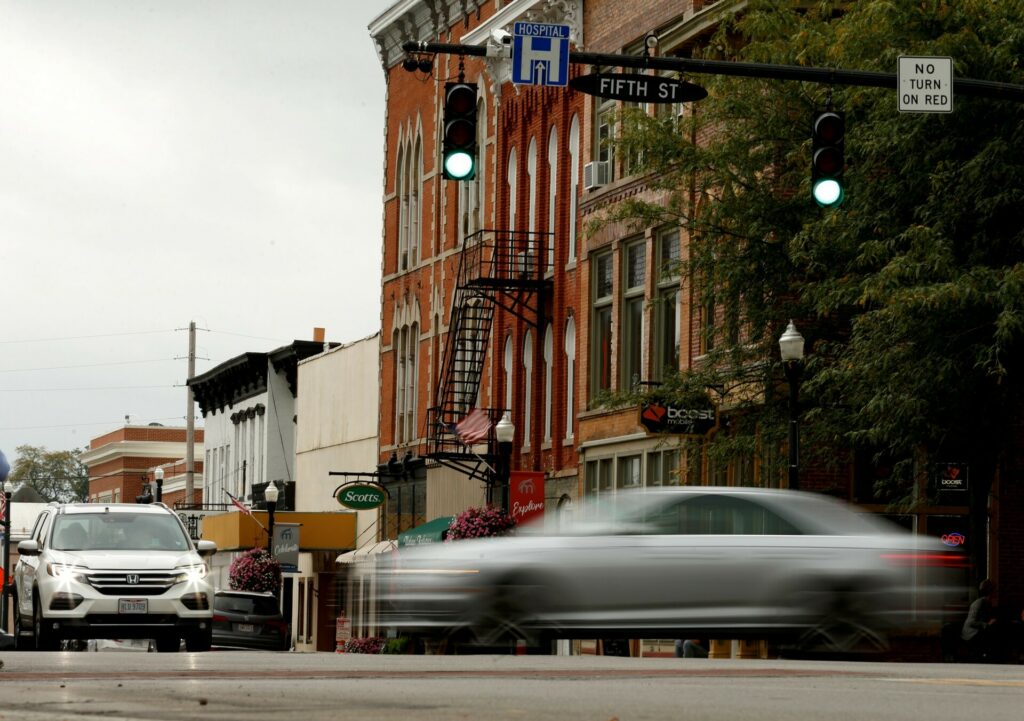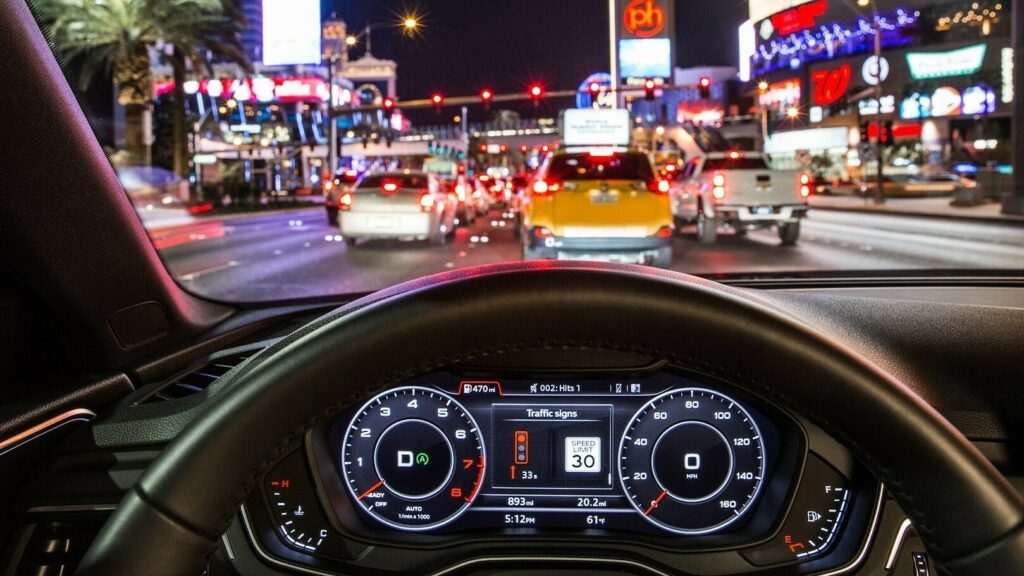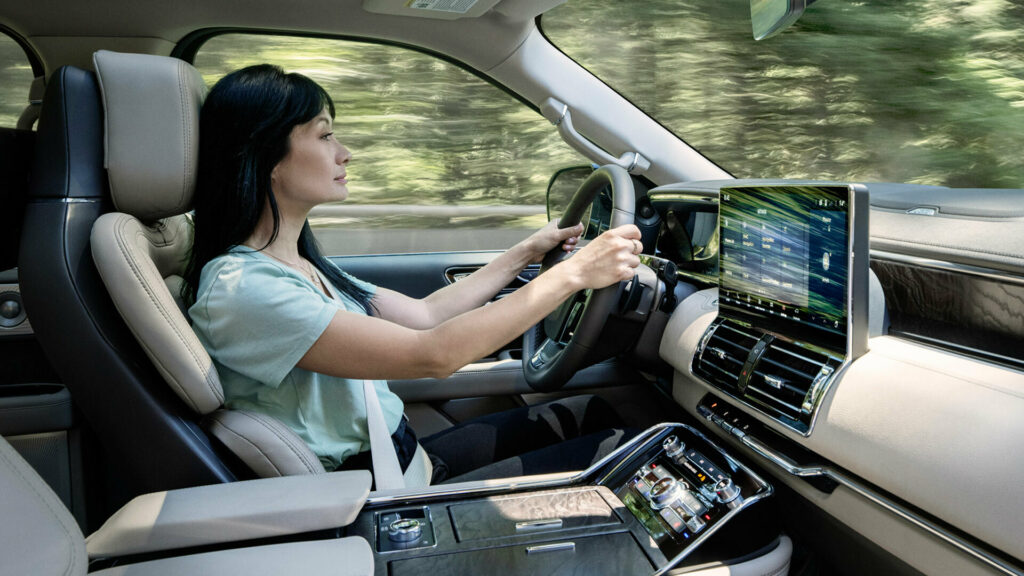- A study has found being heavily dependent on a car can result in lower satisfaction with life.
- The tipping point is around 50%, but car use increases satisfaction at lower levels.
- Researchers say the finding should encourage planners and decision-makers to help reduce dependence on vehicles.
America is a vast and diverse country, made up of small towns, big cities, and rural farms. Depending on where you live, your reliance on cars varies greatly.
While city dwellers can quickly leave their apartment and walk to a nearby shop, those living outside metropolitan areas could be miles away from the nearest gas station or grocery store. This can impact your quality of life as a new study has found those heavily dependent on cars are less satisfied.
More: Teen Not Interested In Driving? They’re Not Alone
The study focused on adults living in urban and suburban areas, and found a “threshold effect of car dependence on life satisfaction.” The abstract went on to note that “beyond a certain point, increases in car dependence yield a decrease in people’s satisfaction with life.”
The tipping point is around the halfway mark as those relying on a car for out-of-home activities more than 50 percent of the time had a decrease in life satisfaction. However, sometimes a car can increase satisfaction.

According to The Guardian, lead author Rababe Saadaoui said “Using a car just sometimes increases life satisfaction but, if you have to drive much more than this, people start reporting lower levels of happiness.” She added, “Extreme car dependence comes at a cost, to the point that the downsides outweigh the benefits.”
Unfortunately, the easiest solution is moving. However, the study calls on planners and decision-makers to promote “multimodality and land use patterns that may help to reduce car dependence and its potential negative effect on subjective wellbeing.”





